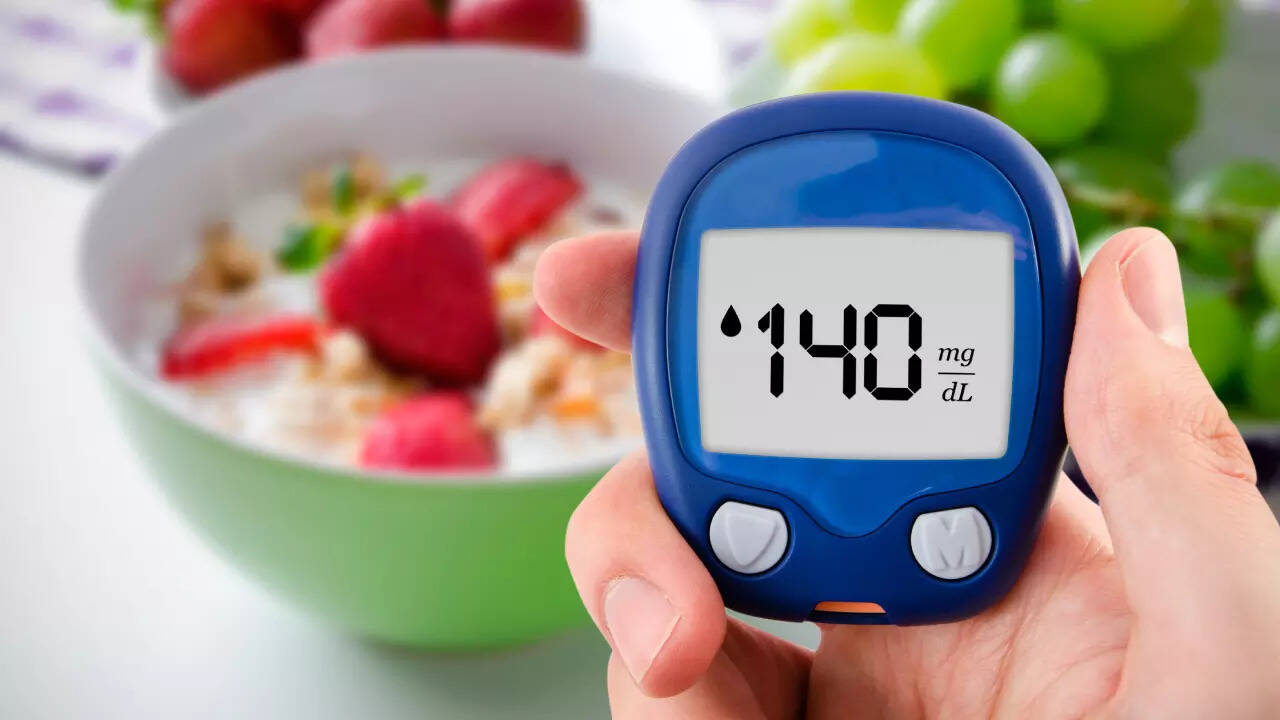
When we talk about overall health (and especially cardiovascular issues) High BP emerges as the top culprit. High BP, known as Hypertension, is a condition where the force of blood pushing against the artery walls is consistently too high.
This puts added pressure on the heart and blood vessels that can eventually give way, leading to a heart attack or even stroke. However, what about Hypotension, also known as Low BP? Can Low BP too, can lead to heart issues? The answer isn't as simple as it seems. Let's see why...
Understanding Blood Pressure
Blood pressure is the force of blood pushing against the walls of your arteries as your heart pumps it around the body. It is measured in two numbers:Systolic pressure (the first number): pressure when the heart beats and pumps blood.Diastolic pressure (the second number): pressure when the heart rests between beats.A normal reading is around 120/80 mmHg. (varies according to age, geography and weight) High blood pressure is generally above 140/90 mmHg, while low blood pressure is often defined as below 90/60 mmHg. The difference between the two is quite a lot, which is where it gets tricky.
Why High Blood Pressure Is Dangerous
High blood pressure forces your heart to work harder to pump blood. Over time, this extra effort can:

Damage artery wallsIncrease risk of heart attack and strokeLead to heart failure and kidney diseaseBecause of these risks, doctors focus heavily on controlling high blood pressure through lifestyle changes and medication.
Can Low BP cause heart issues
Although less commonly discussed, low blood pressure can also be linked to heart issues, especially in certain groups of people. Recent research shows that very low blood pressure may increase risks in patients with existing heart conditions.A large international study involving over 22,000 patients with coronary artery disease (heart disease) found that blood pressure below 120/70 mmHg was associated with higher risks of heart attack, heart failure, and death in these patients, even though high blood pressure remains a major concern.This means that while lowering high blood pressure is important, lowering it too much—especially in people with heart disease—can be harmful.
How low BP is dangerous
Low blood pressure means the force pushing blood through your arteries is weaker than normal. This can cause:Reduced blood flow to vital organs, including the heart itselfDizziness, fainting, and fatigue due to insufficient oxygen deliveryThe heart may try to compensate by beating faster or harder, which can strain it over timeIn people with narrowed or blocked coronary arteries, low blood pressure can reduce blood flow to the heart muscle, increasing the risk of heart attacks.

When is it a concern
When it comes to low Blood Pressure, there is a catch. Most doctors across the world say that the word itself is a misnomer, since everyone's normal is "different". Many people naturally have low blood pressure and feel fine. However, low blood pressure becomes a concern when it causes symptoms or occurs in people with heart or vascular disease, and not necessarily in those who no heart issues:Signs that low blood pressure may be affecting your heart include:Frequent dizziness or faintingChest pain or discomfortShortness of breathRapid or irregular heartbeat
The J-Curve Effect
Studies have shown a “J-curve” relationship between blood pressure and heart risk. This means:Very high blood pressure increases risk of heart attack and strokeVery low blood pressure also increases risk of heart problems in some patients, especially those with coronary artery diseaseDoctors aim to keep blood pressure in a “sweet spot” that is not too high or too low.
For most people, this is around 120/80 mmHg, but it may vary based on individual health conditions, age, weight etc.
Low Blood Pressure and Heart Failure
Low blood pressure can sometimes be a sign of heart failure, a condition where the heart cannot pump blood effectively. People with heart failure may experience sudden drops in blood pressure, which can worsen symptoms and increase risks.If low blood pressure is accompanied by symptoms like chest pain, severe weakness, or fainting, it may indicate worsening heart function and require urgent medical attention.
Managing blood pressure
If you have low blood pressure and heart disease, your doctor may adjust medications or recommend lifestyle changes to avoid blood pressure dropping too low. Some tips include:Avoid standing up too quickly to prevent dizzinessStay hydrated to maintain blood volumeEat small, frequent meals to prevent drops after eatingMonitor blood pressure regularly
Why High Blood Pressure is still the bigger risk
Despite the risks of low blood pressure, high blood pressure remains the leading cause of heart disease worldwide.
It silently damages arteries and organs over time, often without symptoms until serious complications occur.References: Manhattan Cardiology, “Can low blood pressure cause a heart attack?” WebMD, “Is a Blood Pressure Drop a Sign of Heart Failure?” Cleveland Clinic, “Low Blood Pressure (Hypotension): Causes & Symptoms” Mayo Clinic, “Low blood pressure (hypotension) - Symptoms and causes”s

 5 hours ago
56
5 hours ago
56




























 English (US)
English (US)